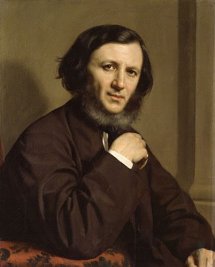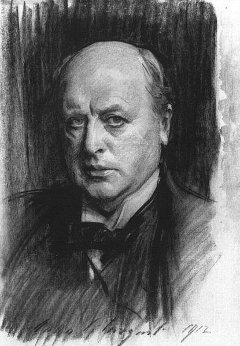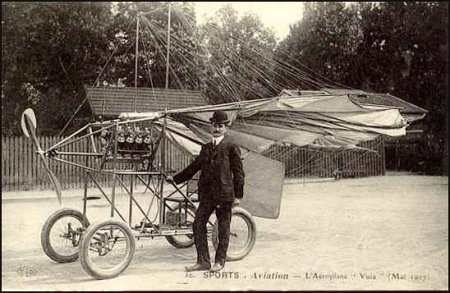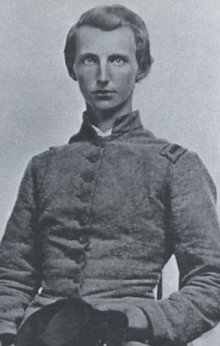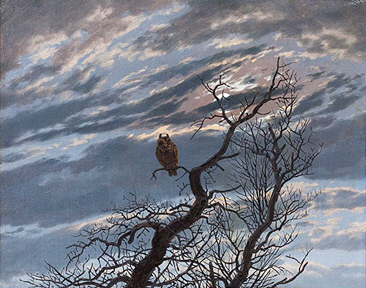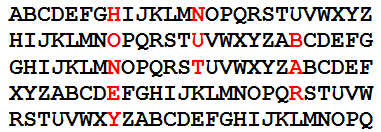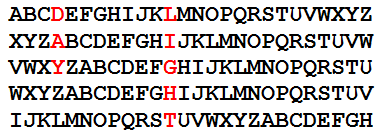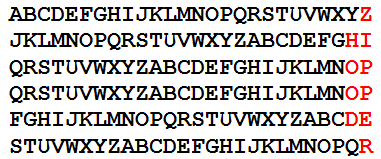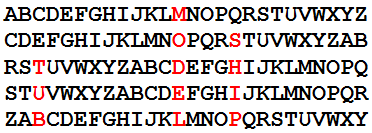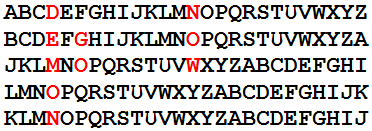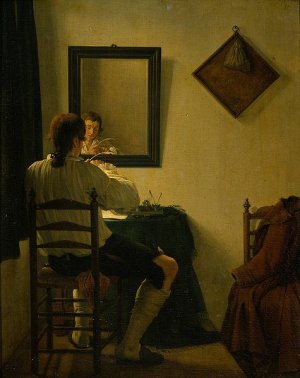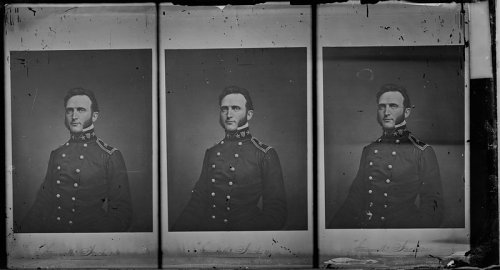
Stonewall Jackson’s precepts for good conversation, from a book of maxims he collected in the 1850s:
- Ascertain in your conversation as well as you can wherein the skill & excellence of the individual lies & put him upon his favorite subject. Every person will of his own accord fall to talking on his favorite subject or topic if you will follow and not attempt to lead him.
- If you seek to improve in the greatest degree from the conversation of another, allow him to take his own course. If called upon, converse in turn upon your favorite topic.
- Never interrupt another but hear him out. There are certain individuals from whom little information is to be desired such as use wanton, obscene or profane language.
- If you speak in company, speak late.
- Let your words be as few as will express the sense you wish to convey & above all let what you say be true.
- Do not suffer your feelings to betray you into too much vehemence or earnestness or to being overbearing.
- Avoid triumphing over an antagonist.
- Never engross the whole conversation to yourself.
- Sit or stand still while another is speaking to you. [Do]not dig in the earth with your foot nor take your knife from your pocket & pare your nales nor other such action.
- Never anticipate for another to help him out. It is time enough for you to make corrections after he has concluded, if any are necessary. It is impolite to interrupt another in his remarks.
- Say as little of yourself & friends as possible.
- Make it a rule never to accuse without due consideration any body or association of men.
- Never try to appear more wise or learned than the rest of the company. Not that you should affect ignorance, but endeavor to remain within your own proper sphere.
- Let ease & gracefulness be the standard by which you form your estimation (taken from etiquett).
“Good breeding, or true politeness, is the art of showing men by external signs the internal regard we have for them,” he wrote. “It arises from good sense, improved by good company. It must be acquired by practice and not by books.”

